Henry Kissinger, the former U.S. secretary of state and political advisor who was lauded by some as a master statesman and branded by others as a glorified war criminal, has died aged 100.
Kissinger had been a central presence in U.S. and global political spheres for decades, having forged his name during the Cold War to establish himself as a deft statesman and a pragmatic political hawk.
Born Heinz Alfred Kissinger in the German city of Fürth on May 27, 1923, he became known as Henry after his family immigrated to the U.S. in 1938 to avoid the Nazi persecution of Jews. Like many fleeing Germany at the time, the Kissinger family settled in the New York neighborhood of Washington Heights.
In 1943 he became a U.S. citizen and shortly after served in the U.S. Army during World War II. Following the war's conclusion, he went on to serve in the U.S.' post-war military government in West Germany.
Upon returning to the U.S. Kissinger entered the world of academia. He attended Harvard University, where he received a BA in political science in 1950, and later completed his MA and PhD degrees. He went on to rise through the ranks at the prestigious school, where he served as director of the Defense Studies Program from 1959 to 1969.
During his time as a graduate student in 1953, Kissinger volunteered as an FBI spy.
Kissinger established himself as one of Washington, D.C.'s utmost political thinkers following the publication of his 1957 book Nuclear Weapons and Foreign Policy, in which he argued for a greater adoption of nuclear weapons as a traditional means of conducting warfare, discrediting the need to restrict their use to emergency scenarios.
Kissinger quickly came to be recognized for his brand of political realism and pragmatism and became foreign policy advisor to unsuccessful Republican presidential candidate Nelson Rockefeller throughout the 1960s.
The opportunity allowed him to rub shoulders with the inner circle of the Republican Party and Washington's political elite, and as such he was made an assistant for national security affairs by President Richard Nixon in 1968.
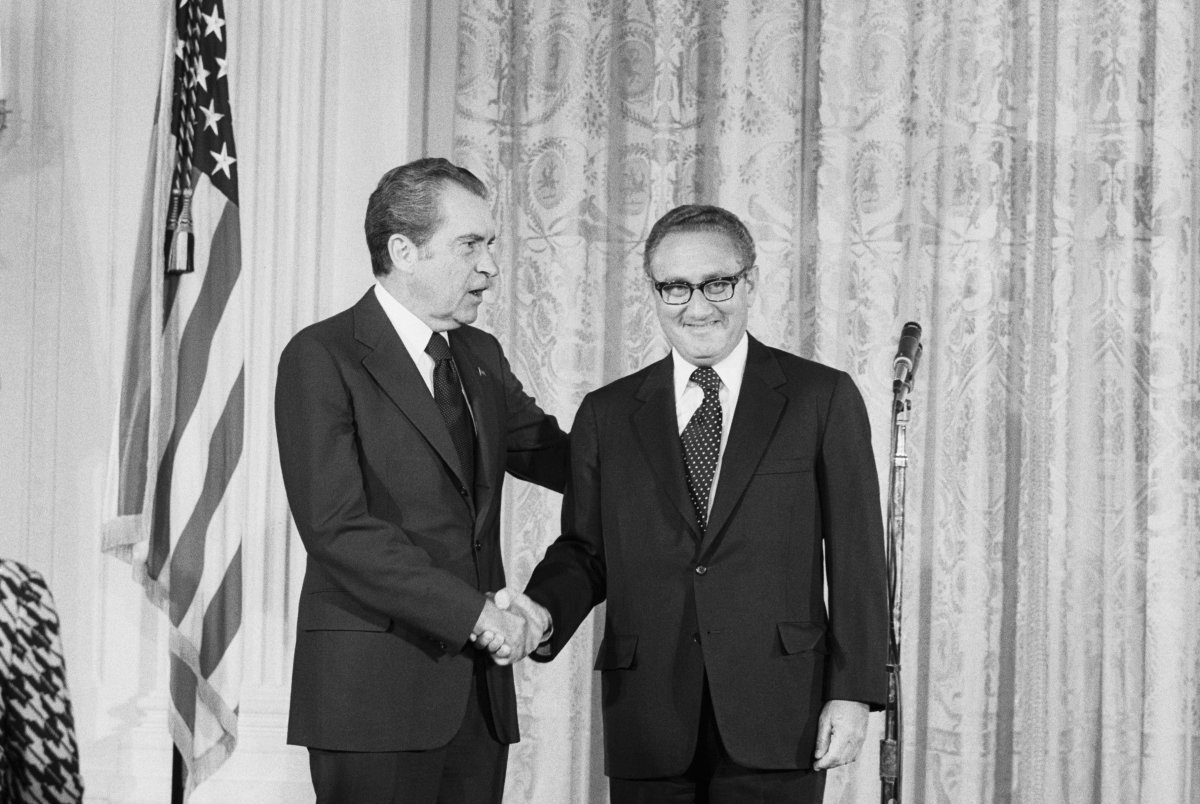
This allowed Kissinger to garner greater political strength as he became one of Nixon's most trusted advisors.
Under Nixon, Kissinger reached his peak. He served as national security adviser from 1969 to 1975, and was eventually made the secretary of state in 1973, a title he held until 1977.
He had consolidated himself as an integral figure of the Nixon administration and a huge influence on international affairs, and found particular success working with China, the Soviet Union, Vietnam and the Middle East during the 1970s.
Nixon's historic trip to China in 1972 was facilitated by a series of secret trips Kissinger undertook to liaise with his Communist counterparts, and he was also lauded for helping orchestrate better relations between the U.S. and the Soviet Union between 1969 and 1974, which resulted in the Strategic Arms Limitation Talks (SALT) in 1969 and SALT I in 1972.
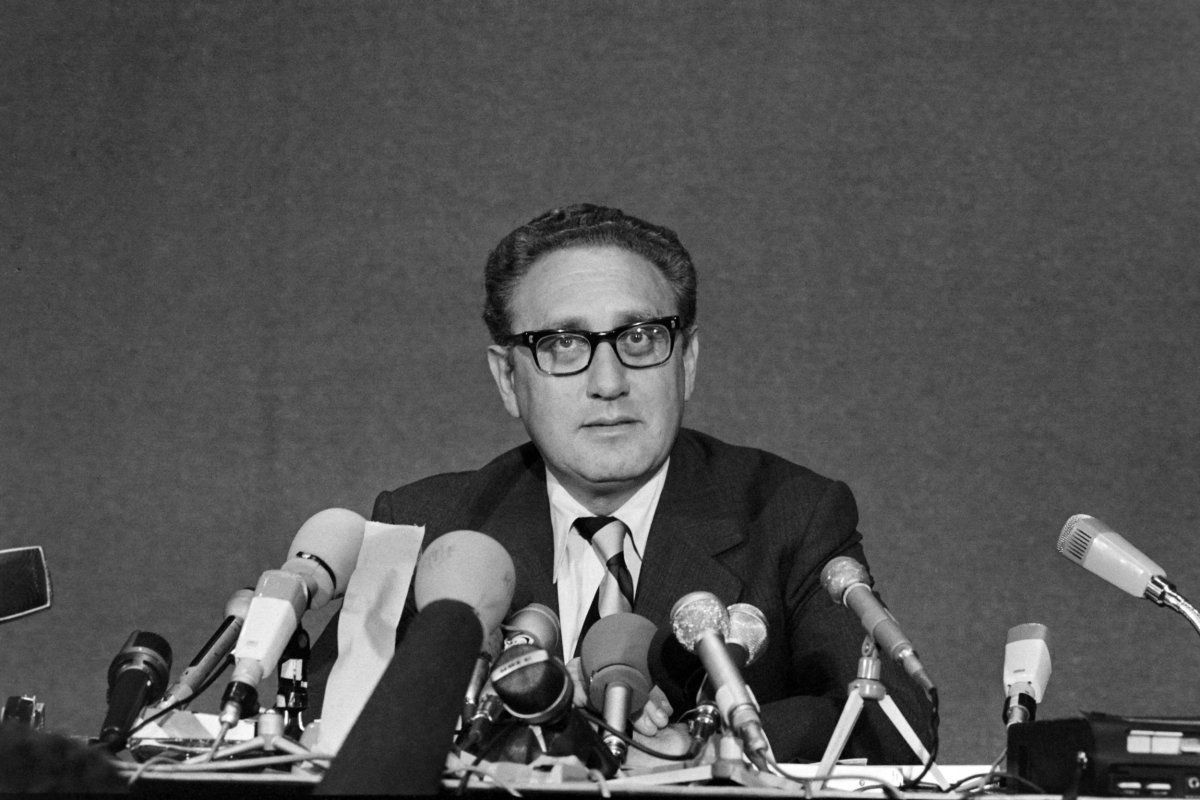
Kissinger was also instrumental in finding a resolution to the Vietnam War after almost two decades of fighting. In January 1973, he negotiated a cease-fire agreement and permanent peace settlement, for which he was awarded the Nobel Peace Prize that same year.
Announcing the agreement at a press conference in Paris, Kissinger said:
"The United States is seeking a peace that heals. We have had many armistices in Indochina. We want a peace that will last, therefore it is our firm intention in our relationship to the Democratic Republic of Vietnam to move from hostility to normalization, and from normalization to conciliation and cooperation. And we believe that under conditions of peace we can contribute throughout Indochina to a realization of the humane aspirations of all the people of Indochina."
His Vietnamese counterpart, Le Duc Tho, turned down the prize.
Winston Lord was a special assistant to Kissinger throughout the 1970s, and worked closely alongside him in China and Vietnam.
"Outside of my family, Kissinger has had the greatest impact on my life. While he stretched my patience and nerves, his insistence on excellence and strategic vision enlarged my capabilities and expanded my horizons. He will stand as one of the giants of American diplomacy in post-World War II history," he told Newsweek.
Accusations of War Crimes
As his popularity grew among Washington's elite, so too did his infamy across South East Asia, Latin America and elsewhere.
The plaudits he received for his political tact quickly came to be replaced by criticisms for his lack of humanity and accusations of enabling war crimes.
Chief among them was the criticism orchestrating the U.S. bombing of Cambodia from 1969 to 1973 in a bid to weaken Northern Vietnamese forces.
Over the course of four years, Operations Menu and Freedom Deal—which Kissinger was involved in directing—dropped a total of 539,129 tons of bombs on Cambodia, resulting in an estimated 150,000 deaths.
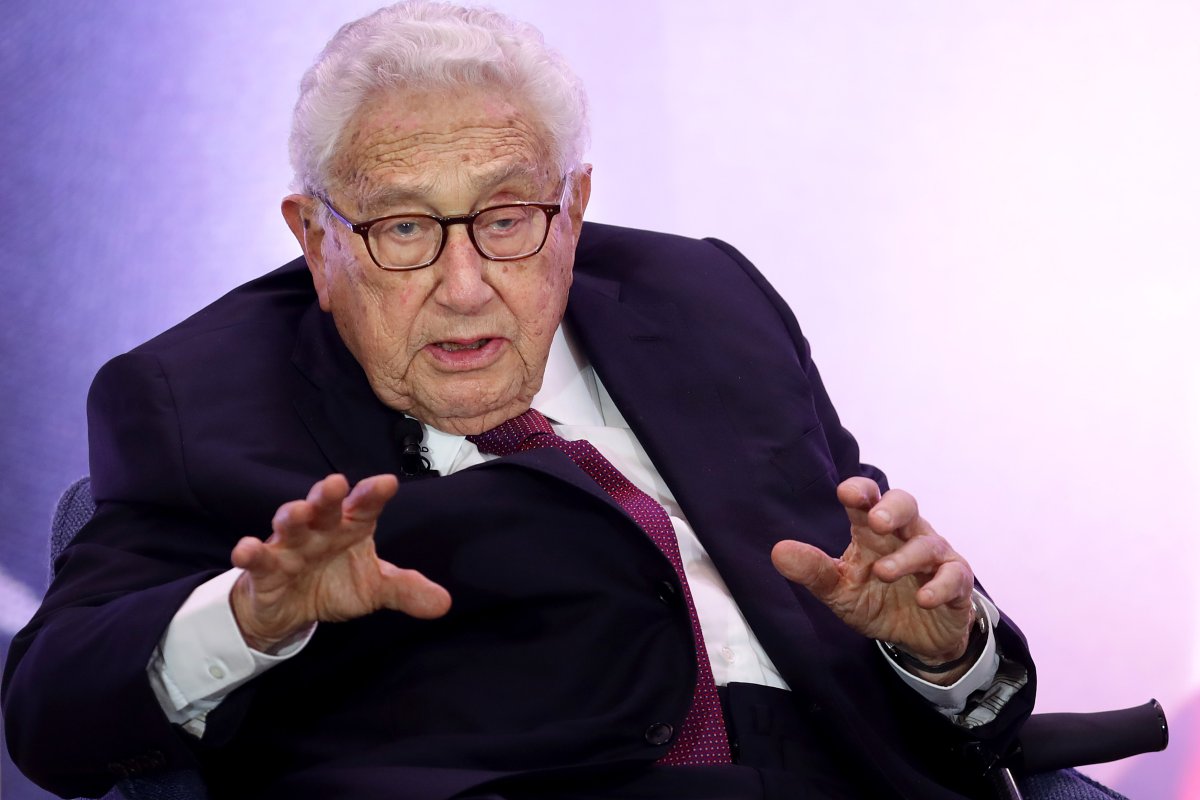
According to journalist Seymour Hersh, Kissinger "seemed to enjoy playing the bombardier." In his book The Price of Power: Kissinger in the Nixon White House, Hersh wrote: "When the military men presented a proposed bombing list, Kissinger would redesign the missions, shifting a dozen planes, perhaps, from one area to another, and altering the timing of the bombing runs."
The bombing of Cambodia crippled and destabilized the country, which led to the rise to power of the Khmer Rouge and the subsequent Cambodian genocide, which claimed between 1.5 and 3 million lives.
A 1973 report from the Pentagon also revealed that Kissinger went to great lengths to keep the plan from being made public and even conceived "the methods for keeping them out of the newspapers."
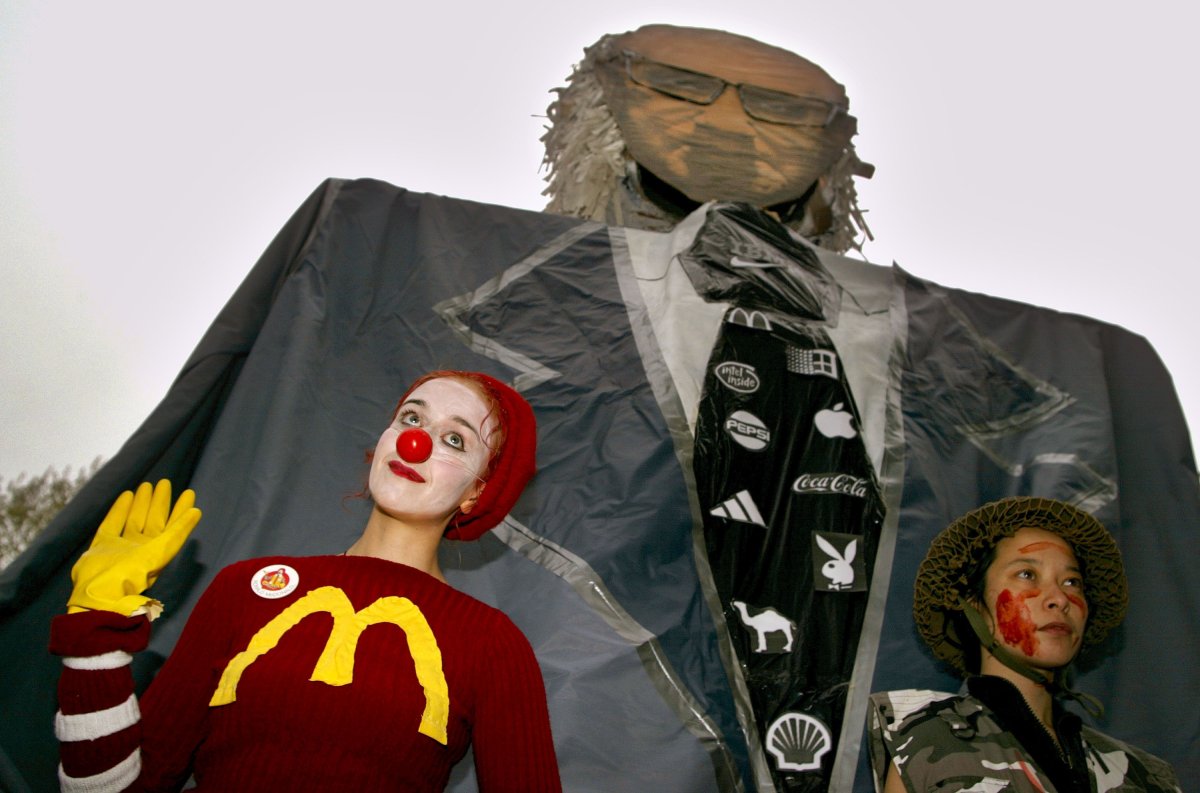
Kissinger also endorsed Indonesia's invasion of East Timor in 1975, which resulted in the deaths of over 200,000 people. And his actions, or in this case inaction, resulted in bloodshed during the Bangladesh Genocide.
In 1971, West Pakistan launched a vicious attack on the Bengali population of East Pakistan (modern-day Bangladesh) to suppress its calls for independence.
Local U.S. officials on the ground had warned the White House of the "selective genocide" taking place, and accused the Nixon administration of "moral bankruptcy" for their decision to stand back from the conflict. Kissinger disregarded the warnings and advised against interfering, as he said U.S. interests lay with Pakistan.
In his book The Trial of Henry Kissinger, Christopher Hitchens claimed that "Kissinger was responsible for the killing of thousands of people."
Speaking to Politico in 2015, Nicholas Thompson, CEO of The Atlantic and author of The Hawk and the Dove: Paul Nitze, George Kennan and the History of the Cold War, said:
"Henry Kissinger is one of the worst people to ever be a force for good. He manipulated colleagues and nations. He faked the beginning of a nuclear war in order to advance some perverse personal game theory. He callously perpetrated international crimes.
"But he was a man of ideas at the center of an American strategy that ultimately benefited the world in some grand sense. His China policy was one of America's great Cold War achievements. He deserves to be honored and to be given a medal—but one with the image of a man who is scowling and holding a knife. Henry Kissinger was a success—a true, American success—but he can only be called an idealist if he can be called despicable too."
Kissinger was also involved in Chile's 1973 military coup—as he authorized the CIA to endorse the move—in which democratically elected Marxist president Salvador Allende, was ousted and killed by the military. In his stead, General Augusto Pinochet took power and ushered in a military dictatorship.
He acted similarly during Argentina's Dirty War, endorsing the military junta's right-wing coup in 1976. Documents declassified at the turn of the century revealed how Kissinger had urged leaders of the Argentine Armed Forces to act swiftly in order to avoid a backlash in the U.S.
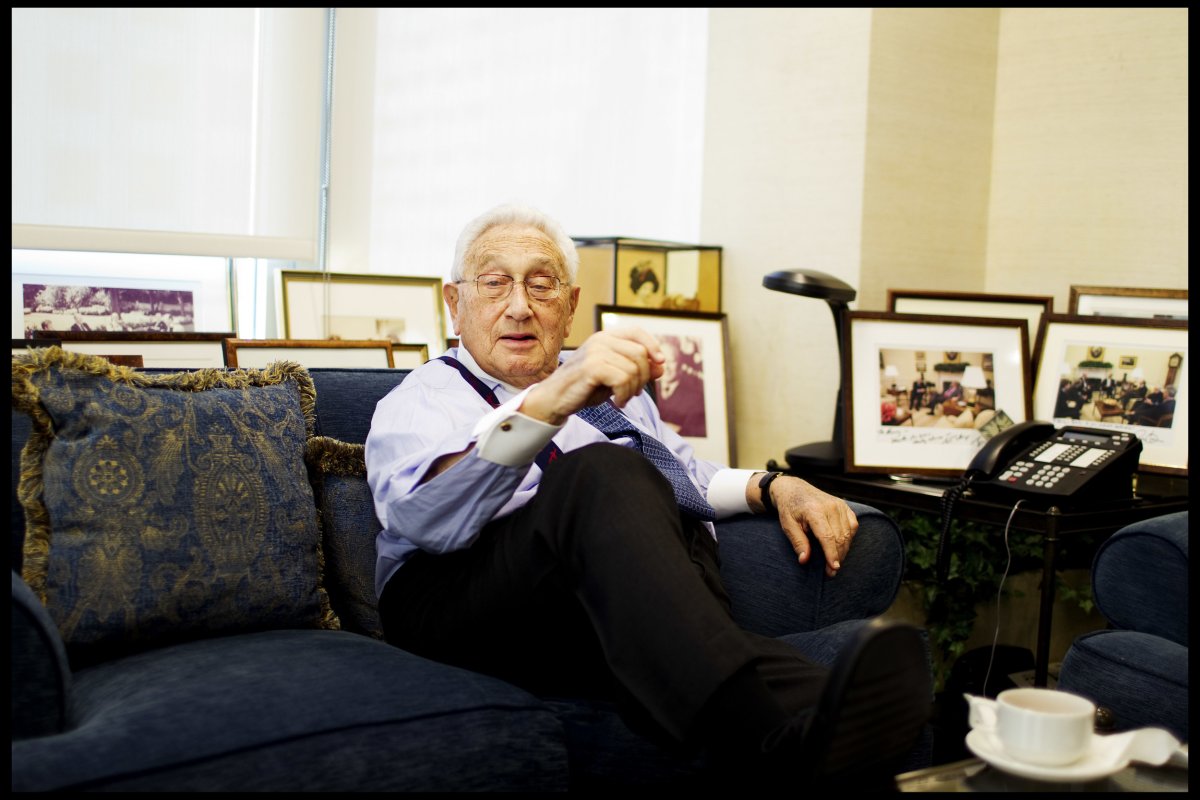
The declassified State Department files also uncovered that Kissinger worked against President Jimmy Carter's attempts to stop the mass killings carried out by the Argentinian dictatorship between 1976 and 1983.
Kissinger stepped away from official government duties in 1977, following Carter's election. He returned to the White House in the 1980s, and was part of President Ronald Reagan's administration, serving as the head of the National Commission on Central America, as well as being on the President's Foreign Intelligence Advisory Board and the Commission on Integrated Long-Term Strategy.
In his later years, he shifted his attention from nuclear power to artificial intelligence as a means of conducting modern warfare.
After leaving government, he set up the geopolitical consulting firm Kissinger Associates, worked occasionally as a lecturer, and wrote a number of books on international relations and politics.
Uncommon Knowledge
Newsweek is committed to challenging conventional wisdom and finding connections in the search for common ground.
Newsweek is committed to challenging conventional wisdom and finding connections in the search for common ground.
About the writer
To read how Newsweek uses AI as a newsroom tool, Click here.






